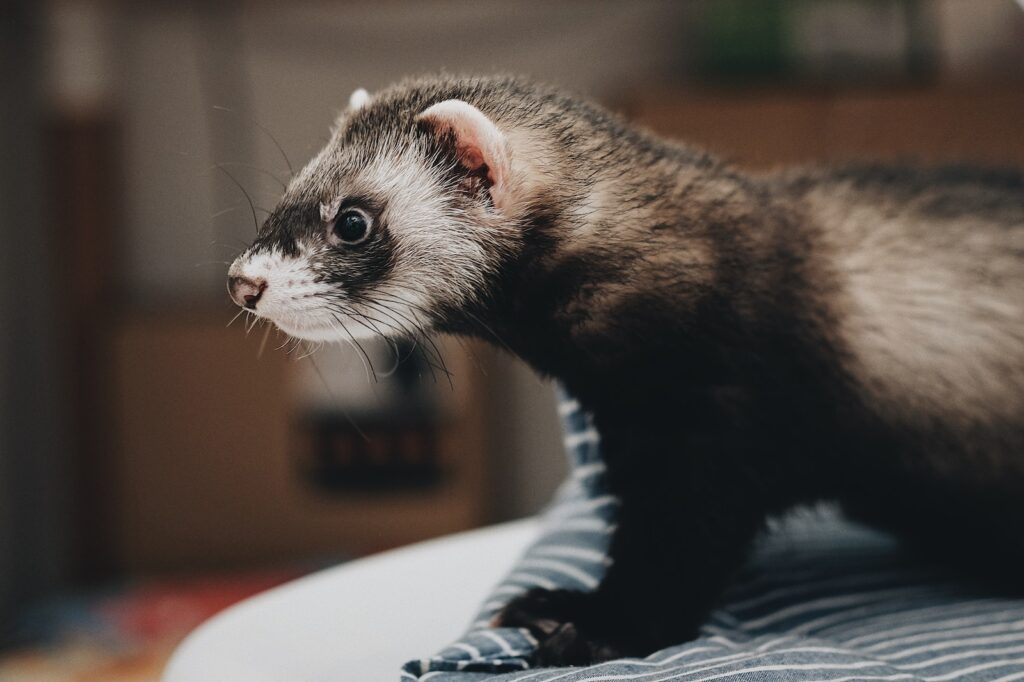Can Ferrets Eat Raisins: A Potentially Dangerous Snack
Raisins, while enjoyed by many humans, should not be included in a ferret’s diet. These tiny dried fruits may seem harmless, but for our furry friends, they can pose significant health risks. It is essential to understand why ferrets should not consume raisins and how they could negatively impact their well-being.
The Dangers of Raisins for Ferrets
Raisins can be toxic to ferrets due to their high sugar content and other harmful substances. The concentrated sugars found in raisins can lead to obesity and contribute to diabetes, which are serious health concerns for ferrets. Moreover, the natural chemicals present in raisins may interfere with a ferret’s digestion and cause gastrointestinal distress.
Potential Symptoms and Reactions
If a ferret ingests raisins, various adverse reactions can occur. These may include diarrhea, vomiting, a reduced appetite, and overall discomfort. In severe cases, raisin consumption can even lead to organ damage, specifically affecting the kidneys. It is vital to be aware of these potential symptoms and act promptly if your ferret shows any signs of distress after consuming raisins.
Safe Alternatives for Ferrets
Although raisins are off-limits for ferrets, there are plenty of other delicious and safe treats that you can offer your furry companion. Look for commercially available ferret treats made with high-quality ingredients and specifically formulated to meet their nutritional needs. Additionally, ferrets can enjoy small pieces of cooked meat or poultry, as well as certain fruits and vegetables like apples and carrots. Always consult your veterinarian for a comprehensive list of suitable foods for your ferret.
Preventing Access to Raisins
As responsible pet owners, it is our duty to protect our ferrets from potential harm. To prevent your ferret from accessing raisins, ensure that these dried fruits are stored securely in cabinets or containers that are out of reach. Be cautious when sharing meals or snacks with your pet, and avoid leaving any raisin-containing foods unattended. By taking these simple measures, you can create a safe environment and minimize the risk of accidental raisin ingestion.
Conclusion
In conclusion, it is crucial to remember that raisins are not suitable for ferrets due to their potential health hazards. The risks of obesity, diabetes, gastrointestinal distress, and even kidney damage outweigh any perceived benefits. By offering your ferret a well-balanced and appropriate diet, including safe treats and foods recommended by your veterinarian, you can ensure their long-term health and happiness. Responsible pet care involves being aware of potentially harmful food items and taking proactive steps to keep them away from our beloved furry friends.






